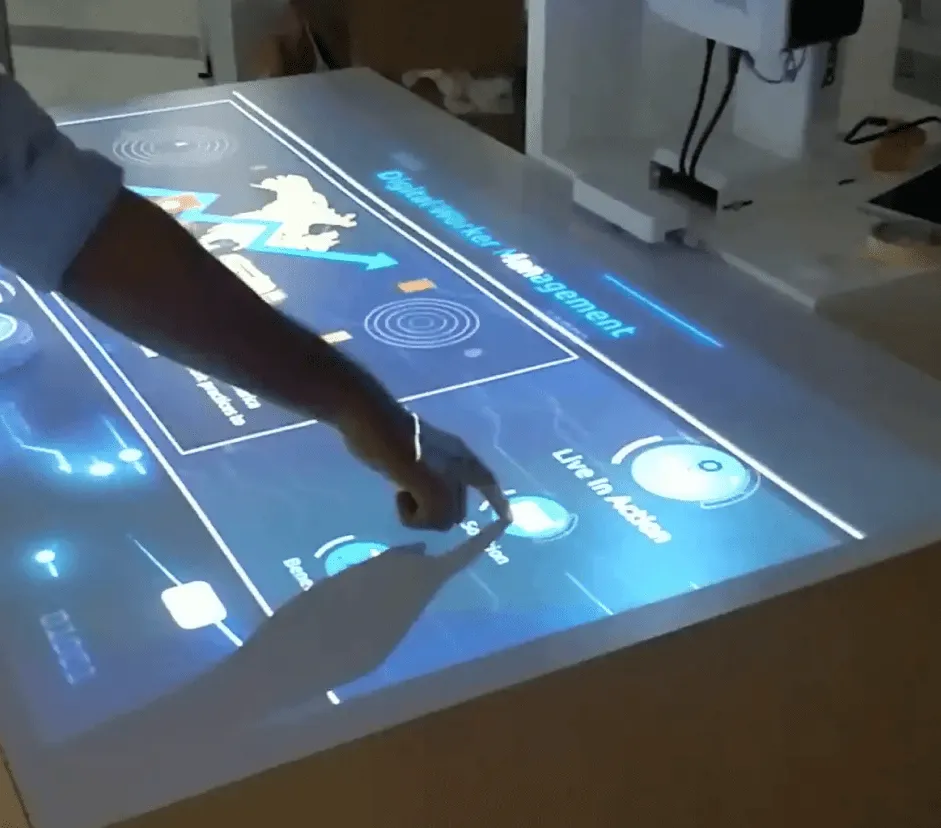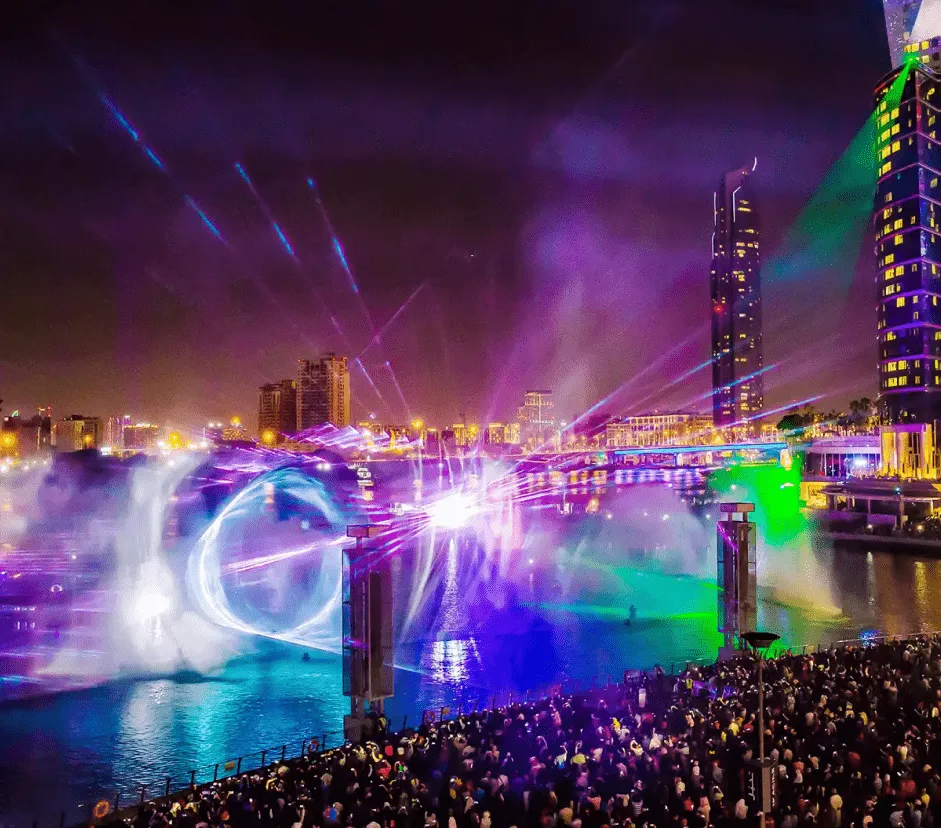Customer Journey Mapping Inside an Experience Centre

When brands invest millions in creating immersive Experience Centres, the difference between transformative engagement and missed opportunity often lies in understanding one critical element: the visitor's complete journey. As marketing leaders navigate increasingly competitive landscapes, mapping every touchpoint within these sophisticated environments has become essential for maximizing return on investment and creating lasting brand connections.
Understanding the Strategic Foundation
Customer journey mapping within Experience Centres represents a systematic approach to visualizing and analyzing every interaction, emotion, and decision point visitors encounter during their time in your space. This methodology goes beyond traditional customer experience mapping because it operates within a controlled, branded environment designed specifically to influence perception and drive business outcomes.
The process begins with defining clear business objectives—whether increasing brand affinity, accelerating sales cycles, or gathering market intelligence. These objectives shape every subsequent decision about touchpoint optimization and experience design.
Building Comprehensive Visitor Intelligence
Developing detailed customer personas becomes particularly nuanced within Experience Centre contexts. Unlike traditional retail or service environments, these spaces attract diverse audiences with varying motivations: potential enterprise clients conducting due diligence, existing customers exploring new solutions, industry analysts gathering competitive intelligence, and internal stakeholders experiencing the brand promise firsthand.
Each persona requires distinct consideration of their journey stages, information needs, and emotional states throughout their visit. Executive visitors, for instance, typically focus on strategic implications and competitive advantages, while technical teams dive deeper into product demonstrations and implementation considerations.
Mapping Critical Interaction Points
The touchpoint identification process within Experience Centres involves cataloging both physical and digital interactions across multiple dimensions. Entry sequences set initial impressions through architectural design, wayfinding systems, and reception protocols. Interactive installations create moments of discovery and engagement, while demonstration areas facilitate deeper product understanding.
Digital touchpoints increasingly integrate with physical experiences through mobile applications, augmented reality overlays, and personalized content delivery systems. Object recognition tables, holographic displays, and AI-powered assistants create sophisticated interaction layers that require careful orchestration to avoid overwhelming visitors while maintaining engagement momentum.
Capturing Emotional Intelligence
Emotional mapping throughout the visitor journey reveals critical insights about brand perception formation. Moments of confusion at navigation points, excitement during product demonstrations, or frustration with technological interfaces all contribute to overall brand sentiment and future engagement likelihood.
Smart Experience Centres leverage real-time behavioral analytics to identify emotional peaks and valleys, enabling immediate adjustments to optimize ongoing experiences. Heat mapping technologies, dwell time analysis, and facial recognition systems provide quantitative data to supplement qualitative feedback gathering.
Optimizing Multi-Channel Integration
Modern Experience Centres extend beyond physical boundaries through integrated digital channels that continue engagement before, during, and after visits. Pre-visit communications set expectations and gather preference data. Mobile platforms provide personalized guidance during visits. Post-visit follow-up sequences maintain momentum and measure impact.
This channel integration requires sophisticated data orchestration to ensure seamless transitions between touchpoints while maintaining personalization throughout extended engagement cycles.
Implementation Best Practices
Successful journey mapping initiatives involve cross-functional teams representing marketing, operations, technology, and customer success perspectives. Each department contributes unique insights about visitor behavior patterns, operational constraints, and technical capabilities that influence experience design decisions.
Data validation through multiple methodologies ensures mapping accuracy. Direct observation provides behavioral insights, while visitor interviews reveal motivational factors and emotional responses. Technology analytics offer quantitative validation of qualitative observations, creating comprehensive understanding of visitor journey dynamics.
Addressing Experience Centre Complexities
Experience Centres present unique mapping challenges that traditional customer journey methodologies must accommodate. Multi-sensory environments create layered experiences where visual, auditory, and tactile elements interact to influence visitor perceptions. Group dynamics affect individual experiences as visitors influence each other's engagement levels and decision-making processes.
Personalization capabilities within sophisticated Experience Centres enable dynamic journey modification based on real-time visitor behavior and expressed preferences. This adaptive approach requires mapping multiple journey variations rather than single linear paths.
Measuring Strategic Impact
Journey mapping effectiveness ultimately measures against business objectives through metrics including visitor satisfaction scores, brand perception shifts, lead quality improvements, and sales cycle acceleration. Advanced Experience Centres track these metrics longitudinally to understand lasting impact beyond immediate visit outcomes.
Driving Continuous Innovation
The most successful brands treat journey mapping as an ongoing strategic capability rather than a one-time project. Regular mapping updates incorporate new technology capabilities, evolving visitor expectations, and competitive landscape changes to maintain Experience Centre relevance and impact.
For marketing leaders overseeing significant Experience Centre investments, comprehensive journey mapping provides the strategic foundation necessary to maximize these powerful brand assets. When executed with precision and strategic focus, this methodology transforms visitor encounters into lasting business relationships that drive measurable growth.
Contact Us Now:
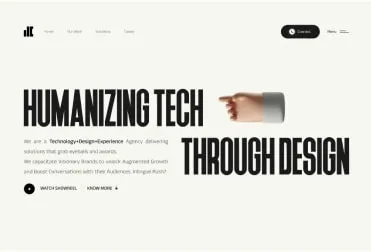


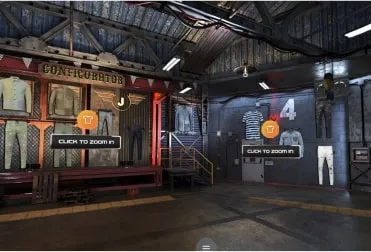
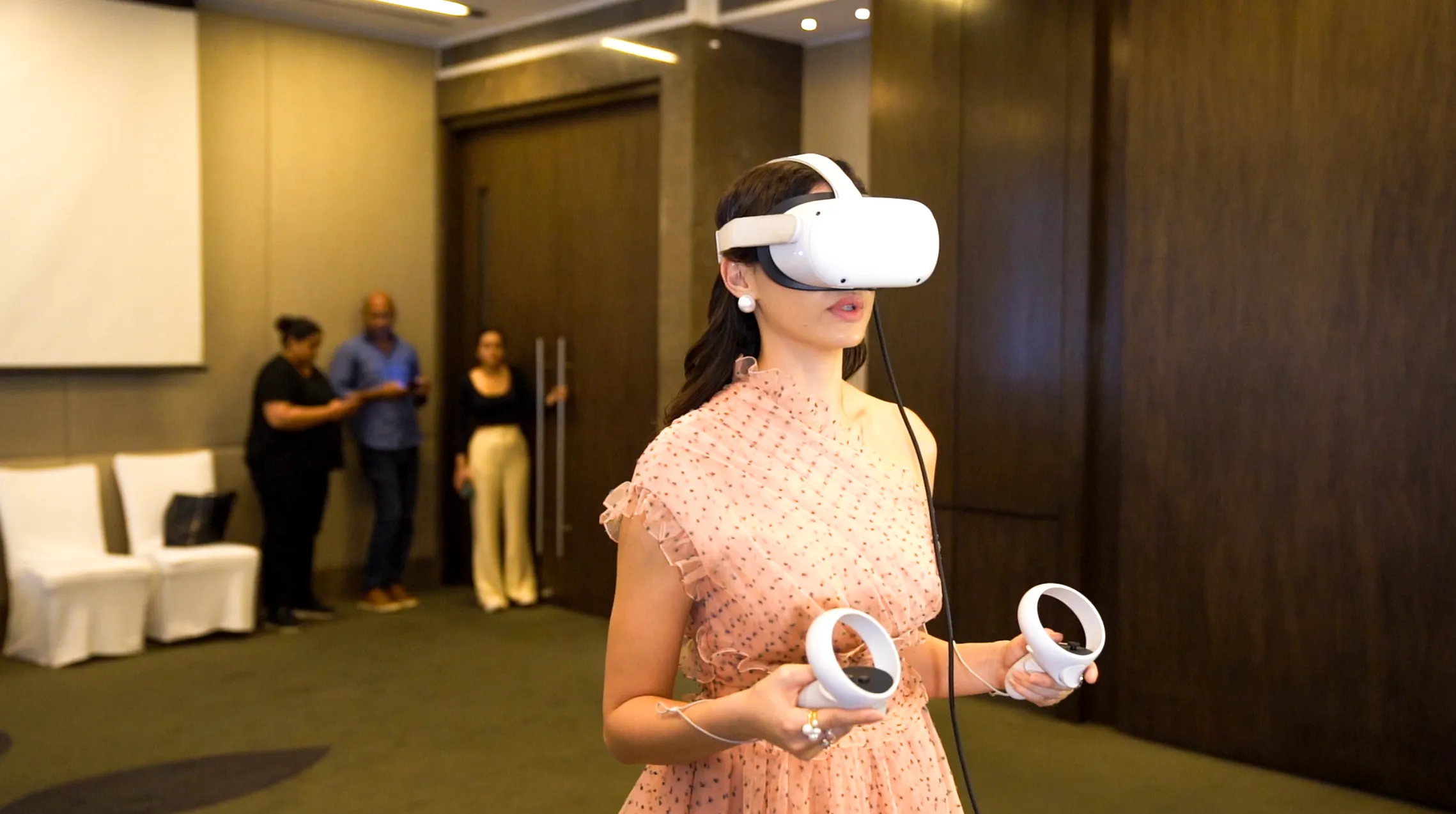

.CNhas5IL_ZqBJiz.webp)










